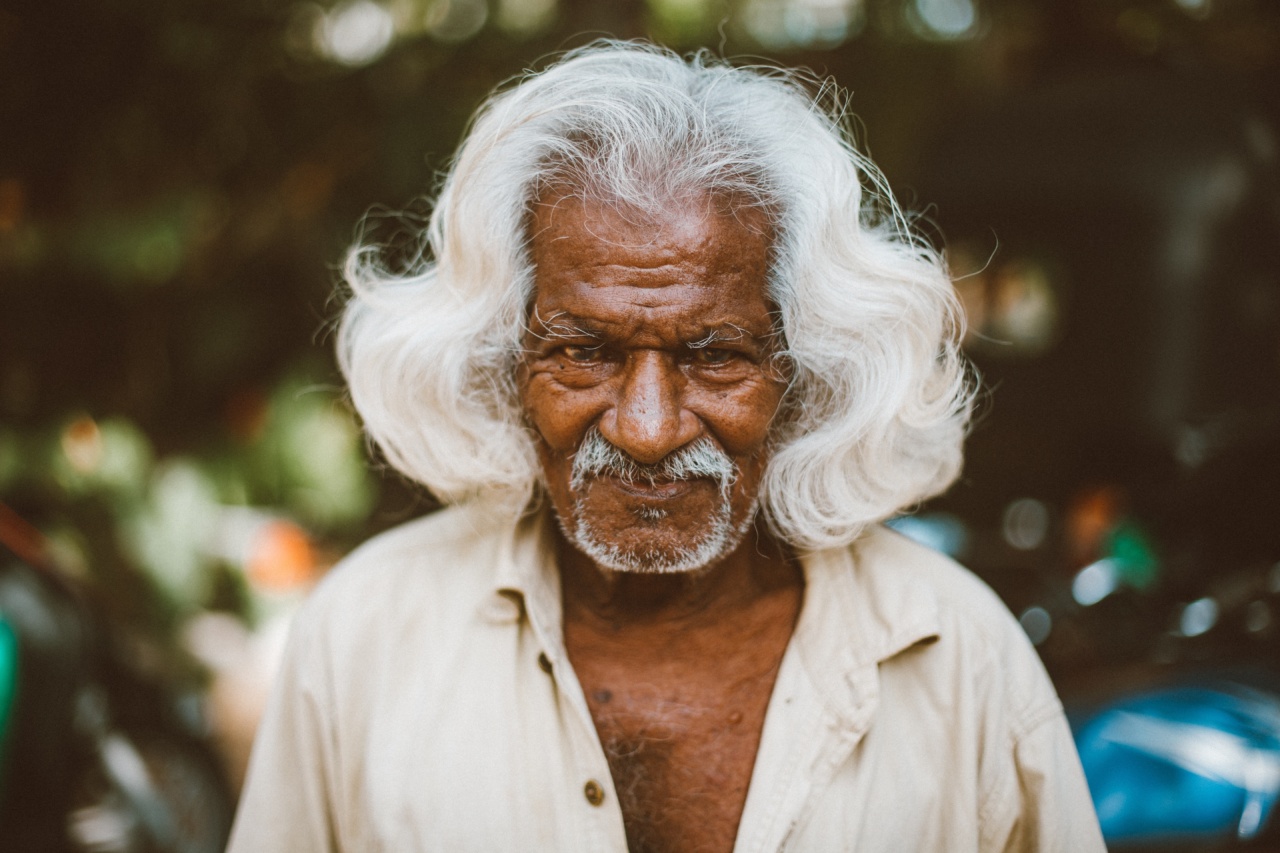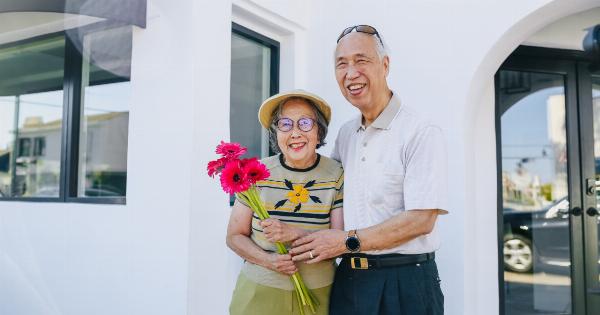Summertime is an exciting time of year for everyone, but it can be a particularly risky season for senior citizens.
The hot weather can be incredibly dangerous for their health, and it can lead to a variety of health issues, particularly when it comes to the heart. In this article, we discuss the risks of summer nights for senior citizens’ hearts. We also discuss some tips to help them stay healthy and safe during this season.
Why is summer risky for senior citizens?
As we get older, our bodies become more vulnerable to external factors like heat and humidity. This means that a hot summer night can be particularly dangerous for a senior citizen’s health.
Hot weather can lead to dehydration, which can cause fatigue, confusion, and dizziness. It can also lead to heat exhaustion and heatstroke, which are both life-threatening conditions. Additionally, the heat can put a lot of strain on the heart, which can lead to a variety of heart-related complications.
Seniors are also more likely to have underlying health conditions that can be exacerbated by the heat.
How does the heat affect the heart?
The heat can affect the heart in many ways. One of the main ways is by increasing the workload on the heart. When we are hot, our bodies try to cool off by sweating.
This process can cause our blood vessels to dilate, which can affect blood flow and put additional strain on the heart. This added stress on the heart can lead to heart palpitations, arrhythmias, and even heart attacks in extreme cases.
What are the signs of a heart attack?
It’s important to be able to recognize the signs of a heart attack, as senior citizens are at a higher risk of experiencing one.
The signs of a heart attack include chest pain or discomfort, shortness of breath, lightheadedness or dizziness, nausea or vomiting, and back, neck, or jaw pain. If you or someone you know experiences any of these symptoms, call 911 immediately.
How can senior citizens stay safe during the summer?
There are several things that senior citizens can do to stay safe during the summer. First, they should stay hydrated by drinking plenty of water throughout the day.
They should also avoid going outside during the hottest parts of the day, usually between noon and 3 pm. Seniors should also wear light-colored, loose-fitting clothing to help keep them cool. If they do need to go outside, they should wear a hat and sunglasses to protect themselves from the sun.
It’s also important to check on elderly relatives and neighbors during hot weather to make sure they are safe and cool.
Conclusion
The summer can be a risky time of year for everyone, but it can be particularly dangerous for senior citizens. The hot weather can put a lot of strain on their hearts, which can lead to a variety of heart-related complications.
However, there are things that seniors can do to stay safe during the summer. By staying hydrated, avoiding the hottest parts of the day, and wearing light clothing, seniors can help protect themselves from the heat.
If you’re a senior citizen or you have elderly relatives or neighbors, it’s important to take the necessary precautions to ensure their safety during the summer.
























